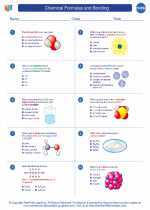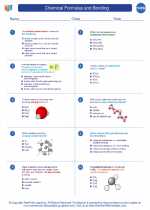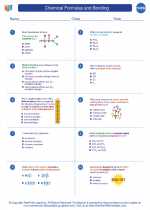Magnetization
Magnetization is the process by which a material becomes magnetized when exposed to an external magnetic field. This can occur through various mechanisms, such as aligning the magnetic moments of individual atoms or domains within the material.
Key Concepts
- Magnetic Moments: Atoms, molecules, or domains within a material have inherent magnetic moments, which are associated with the orientation of their intrinsic magnetic fields.
- External Magnetic Field: When a material is placed within an external magnetic field, the magnetic moments within the material tend to align with the direction of the field.
- Induced Magnetization: As the magnetic moments align, the material becomes magnetized, exhibiting its own magnetic field in the same direction as the external field.
- Permanent Magnetization: In some materials, the alignment of magnetic moments can persist even after the removal of the external field, leading to permanent magnetization.
Magnetization Processes
There are several processes through which magnetization can occur, including:
- Ferromagnetism: Materials such as iron, nickel, and cobalt exhibit strong intrinsic magnetization due to the alignment of their magnetic domains.
- Paramagnetism: Materials with unpaired electrons, such as aluminum or platinum, become weakly magnetized in the presence of an external field.
- Diamagnetism: All materials exhibit some degree of diamagnetism, where the induced magnetization opposes the external field, leading to a weak repulsion.
Applications
Magnetization has a wide range of practical applications, including:
- Magnetic Storage: Hard drives and magnetic tapes rely on the magnetization of microscopic regions to store digital information.
- Electric Motors: Magnetization is essential for the operation of electric motors, where magnetic fields interact to produce mechanical motion.
- Magnetic Resonance Imaging (MRI): In medical imaging, magnetization of hydrogen nuclei in the body is used to create detailed images of internal structures.
Study Guide
When studying magnetization, it's important to focus on the following key areas:
- Understanding the concept of magnetic moments and how they contribute to the magnetization of materials.
- Recognizing the different types of magnetism, including ferromagnetism, paramagnetism, and diamagnetism, and their respective behaviors.
- Exploring the practical applications of magnetization in various technological and scientific fields.
- Mastering the mathematical and conceptual aspects of magnetic fields and their effects on materials.
By grasping these fundamental principles and their applications, you can develop a comprehensive understanding of magnetization and its significance in the world around us.
.◂Chemistry Worksheets and Study Guides High School. Chemical Formulas and Bonding
Worksheet/Answer key Chemical Formulas and Bonding
Chemical Formulas and Bonding  Worksheet/Answer key
Worksheet/Answer key Chemical Formulas and Bonding
Chemical Formulas and Bonding  Worksheet/Answer key
Worksheet/Answer key Chemical Formulas and Bonding
Chemical Formulas and Bonding 

 Worksheet/Answer key
Worksheet/Answer key
 Worksheet/Answer key
Worksheet/Answer key

The resources above cover the following skills:
PHYSICAL SCIENCE (NGSS)
Matter and Its Interactions
Students who demonstrate understanding can:
Plan and conduct an investigation to gather evidence to compare the structure of substances at the bulk scale to infer the strength of electrical forces between particles.